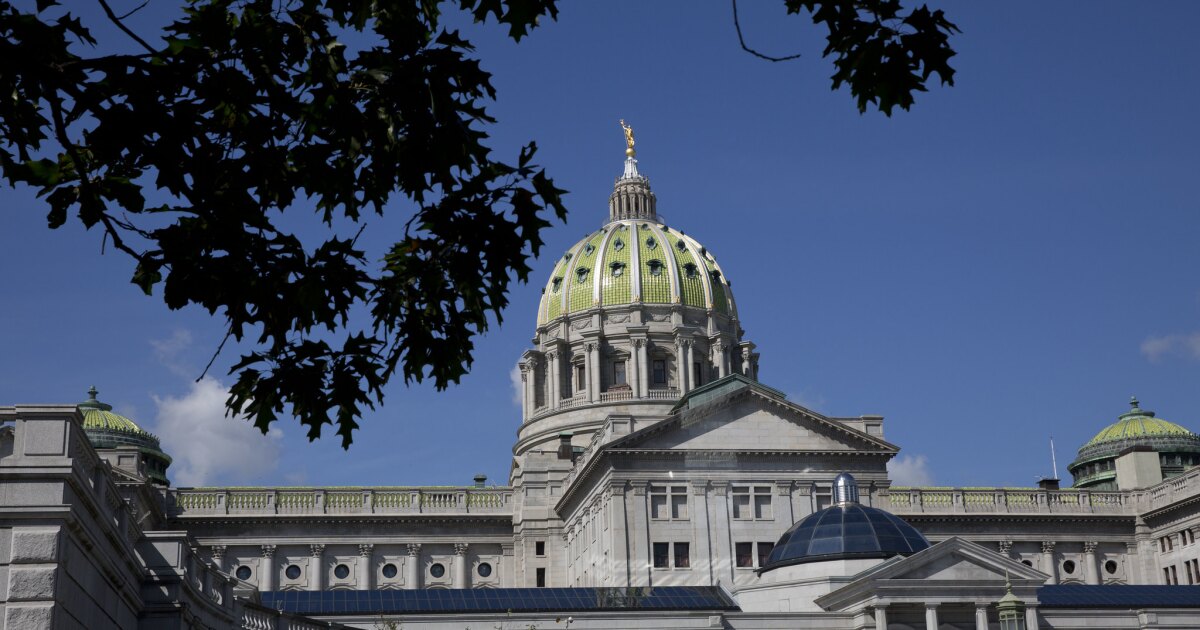
Boosting PA Rural Health: The Power of Autonomous Nurse Practitioners
TL/DR –
Pennsylvania lawmakers aim to expand the roles of nurse practitioners to improve access to healthcare. Nurse practitioners, who are more specialized than registered nurses, are currently required by Pennsylvania law to partner with a doctor who provides input on patient care, known as a collaborative agreement. Bipartisan bills are currently in the state House and state Senate, which aim to allow nurse practitioners to examine, diagnose, and treat patients without physician oversight, a move supported by a wide range of interest groups, although opposition from key lawmakers and the Pennsylvania Medical Society has stalled the legislation.
Nurse Practitioners in Pennsylvania Seek Greater Autonomy in Practice
Joyce Knestrick, a nurse practitioner at a West Virginia clinic, is authorized to conduct physical examinations, diagnose health issues, prescribe certain medications, and make referrals. However, when in Pennsylvania, where she resides, she requires physician oversight to carry out the same tasks. Unlike registered nurses, nurse practitioners undertake more advanced clinical training focused on preventive care, but under Pennsylvania law, they must collaborate with a doctor who provides input into patient care.
The former president of the American Association of Nurse Practitioners, Knestrick likens the oversight requirement to possessing a driver’s license but only being permitted to drive under supervision. For over a decade, bipartisan lawmakers have aimed to grant Pennsylvania’s roughly 20,000 nurse practitioners greater independence, hoping this would broaden access to healthcare.
Bipartisan bills are currently under consideration in the state House and state Senate to align Pennsylvania with the 27 states that have granted full practice authority to nurse practitioners. This move has bipartisan appeal, with 32 out of the 50 upper chamber members co-sponsoring, including 17 Democrats and 15 Republicans. The proposition enjoys support from diverse interest groups, including the state’s hospital association and the Commonwealth Foundation, a conservative free-market think tank. However, key lawmakers and the Pennsylvania Medical Society’s opposition appears to have stalled the bills.
Statistics show that availability of primary care physicians is linked to better health outcomes. However, according to data from the KFF health research group, 380,000 Pennsylvanians live in areas, mainly rural, where there is a shortage of these physicians. KFF estimates that the state requires at least 70 more professionals to meet this demand, the 11th lowest need in the United States.
Population studies reveal that rural areas tend to have a high number of senior residents who depend on Medicare and Medicaid, which reimburse health systems at lower rates. This can make it difficult for healthcare providers to be profitable in such regions, leading to service cuts and closures.
Offering a counter viewpoint, Melany Chrash, a nurse practitioner in Fayette County, believes that full practice authority would provide practitioners the flexibility to schedule appointments based on patient needs and reach underserved areas. She is comfortable referring patients to a specialist if a situation arises that she cannot manage.
Research finds that nurse practitioners can provide better care to people dealing with multiple chronic conditions than a primary care physician due to their training that emphasizes ‘whole health’, including social and psychological aspects. Nevertheless, the increase in authority for nurse practitioners has also been linked with lower healthcare costs in some studies. However, an opposing viewpoint suggests that nurse practitioners in veterans health system emergency rooms did not improve care and used more resources.
The Pennsylvania legislature has examined bills to expand nurse practitioners’ authority since 2013, according to a Spotlight PA analysis. Over the decade, these proposals have seen a dozen or so floor and committee votes but never reached the governor’s desk for signing.
Nevertheless, nurse practitioners in Pennsylvania remain hopeful. Amanda Laskoskie, president of the nurse practitioners’ coalition, expressed her hope for a meeting with all involved stakeholders to address the patient access to healthcare crisis.
—
Read More Health & Wellness News ; US News
